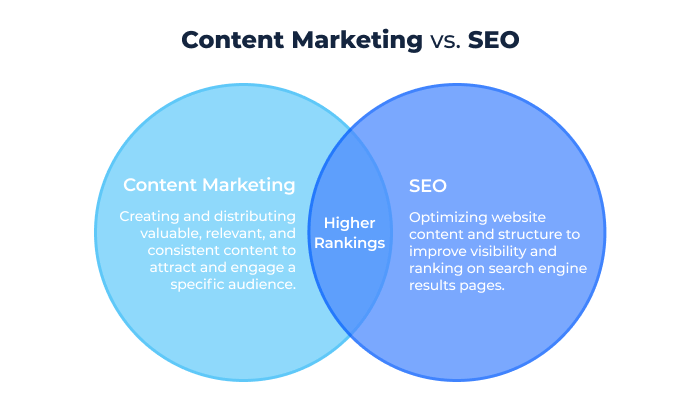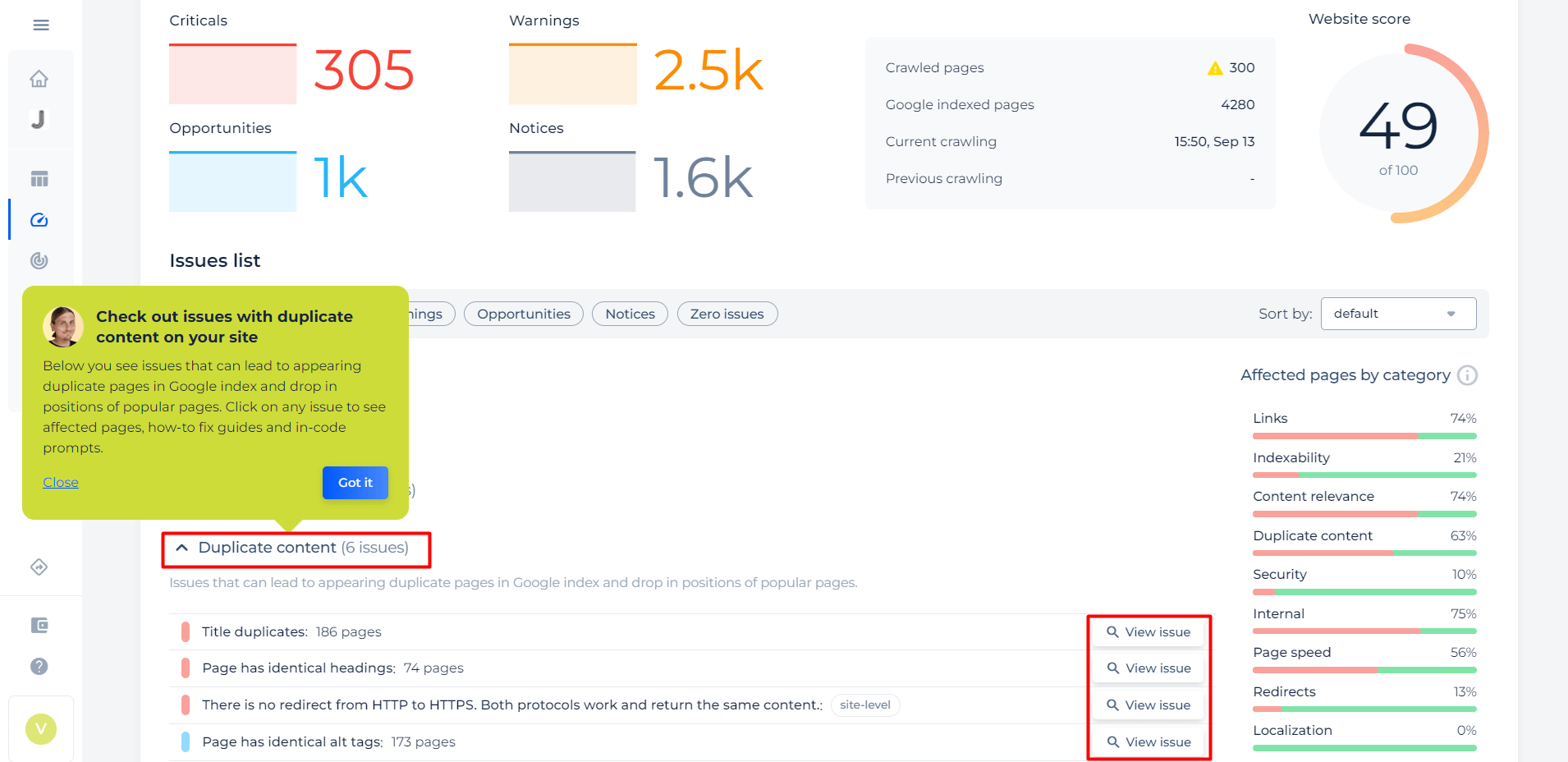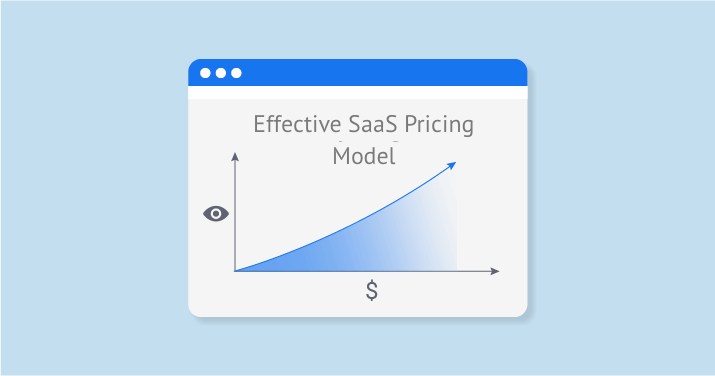What is Content Marketing?
Content marketing is a strategic approach focused on creating and distributing valuable, relevant, and consistent content to attract and retain a clearly defined audience — ultimately, to drive profitable customer action. Unlike traditional advertising, which interrupts consumers to get noticed, content marketing provides content that consumers want in exchange for permission to market a product or service.
Defining the Core Elements
At its core, content marketing is about storytelling. It revolves around sharing narratives that resonate with your target audience, providing them with something valuable, and establishing a connection that goes beyond the transactional. The content can take various forms, including blog posts, videos, podcasts, infographics, and more, but it should always aim to provide value, educate, or entertain the audience.
The Role of Quality and Relevance
Quality and relevance are the pillars of effective content marketing. The content should be well-crafted and meticulously researched, ensuring that it stands out in the vast sea of information available online. Additionally, it needs to be relevant to the audience’s interests, challenges, and needs, providing solutions or insights that are directly applicable to them.
Building Relationships and Trust
One of the primary goals of content marketing is to build relationships with your audience. By consistently providing valuable content, you establish your brand as an authority in your field, earning the trust of your audience. This trust is crucial, as it forms the foundation of brand loyalty and can lead to increased customer retention and conversions.
The Long-Term Perspective
Content marketing is not a quick fix; it’s a long-term strategy. It requires patience, persistence, and a commitment to creating high-quality content consistently. Over time, this approach helps in building a robust library of content that continues to draw in and engage your audience, contributing to the overall growth and success of your business.
Integration with Other Digital Marketing Strategies
While content marketing can stand alone, it achieves its full potential when integrated with other digital marketing strategies like SEO, social media marketing, and email marketing. By ensuring that your content is optimized for search engines, shareable on social media, and distributable through email, you amplify its reach and effectiveness, driving more traffic and engagement.
In conclusion, content marketing is a vital component of modern digital marketing strategies, centered around providing valuable, relevant, and consistent content to build relationships, establish trust, and drive profitable customer action. It requires a commitment to quality, relevance, and a long-term perspective, and it works best when integrated with other digital marketing strategies.
Google About Content Marketing
John Mueller, a Google Webmaster Trends Analyst, has shared some valuable insights on content marketing on Twitter. Here are some of his key takeaways:
- Focus on quality over quantity. Mueller has repeatedly said that word count is not a ranking factor. Instead, focus on creating high-quality content that is informative, engaging, and relevant to your target audience.
- Write for humans, not search engines. Mueller has also advised against keyword stuffing and other tactics that are designed to manipulate search engine rankings. Instead, focus on writing content that is easy to read and understand for your target audience.
- Promote your content. Once you have created high-quality content, it’s important to promote it so that people can find it. Mueller recommends sharing your content on social media, submitting it to relevant directories, and building backlinks from high-quality websites.
Here are some specific tweets from John Mueller about content marketing:
- “The best content is the content that people want to read, share, and link to. Focus on that.”
- “Word count is not a ranking factor. Instead, focus on creating comprehensive and informative content that is relevant to your target audience.”
- “Don’t write for search engines, write for humans. Search engines are getting better at understanding natural language, so you don’t need to stuff your content with keywords.”
- “Promote your content! Once you have created great content, make sure people know about it. Share it on social media, submit it to relevant directories, and build backlinks from other websites.”
Overall, John Mueller’s advice on content marketing is simple but effective: focus on creating high-quality content that is informative, engaging, and relevant to your target audience. Then, promote your content so that people can find it.
Content Marketing vs SEO
Content Marketing and Search Engine Optimization (SEO) are two pivotal elements of a comprehensive digital marketing strategy, each playing unique yet interconnected roles. Understanding the distinctions and synergies between them is crucial for optimizing your online presence and driving traffic to your website.

Understanding Content Marketing
Content marketing is centered on creating and distributing valuable, relevant, and consistent content to attract and engage a specific audience. It’s about storytelling and providing information that helps solve problems or answers questions, with the ultimate goal of building trust and establishing a relationship with your audience. Content can take various forms, such as blog posts, videos, infographics, podcasts, and more.
Unraveling SEO
SEO, on the other hand, involves optimizing your website and content to rank higher in search engine results pages (SERPs). This is achieved through a variety of tactics including keyword research and optimization, improving website structure and performance, building backlinks, and ensuring content is high-quality and relevant. SEO aims to increase visibility and drive organic traffic to your website.
The Interplay Between Content Marketing and SEO
While they are distinct, content marketing and SEO are deeply interconnected. High-quality, relevant content is a core component of SEO. Search engines aim to provide users with the most relevant results for their queries, and thus, they favor content that is informative, well-written, and valuable.
On the other hand, SEO practices enhance content marketing efforts by ensuring that the content you create is findable. Through keyword research, you can identify topics that your target audience is searching for and tailor your content to meet their needs. SEO also involves optimizing technical elements of your website, ensuring that it is accessible and provides a good user experience, which is crucial for keeping your audience engaged.
Balancing SEO and Content Marketing
Achieving a balance between SEO and content marketing is key. Overemphasizing SEO could lead to content that is overly optimized and not user-friendly, while focusing solely on content marketing could result in high-quality content that goes unseen.
To strike the right balance, focus on creating content that genuinely adds value and addresses the needs of your target audience. Use SEO best practices to optimize this content, ensuring that it is findable and accessible. Regularly analyze your performance data to identify areas for improvement and adapt your strategies accordingly.
Key Takeaways
In summary, while content marketing and SEO serve different purposes, they complement each other and are more effective when used together. Content marketing is about creating valuable content for your audience, while SEO ensures that this content reaches your audience through search engines. Balancing the two, with a focus on providing value, will lead to improved visibility, traffic, and engagement, ultimately contributing to the success of your digital marketing efforts.
Is Content Marketing Part of SEO?
The relationship between content marketing and SEO is often a topic of discussion among digital marketers. While they are distinct strategies, they complement each other in many ways, leading some to question whether content marketing is actually a component of SEO.
Understanding the Synergy
Content marketing involves creating and distributing valuable, relevant content to attract a defined audience. SEO, on the other hand, focuses on optimizing a website and its content to rank higher in search engine results pages. The synergy between the two lies in the fact that high-quality, relevant content is a crucial ranking factor for search engines.
Content as a Ranking Factor
Search engines aim to provide users with the most relevant and helpful content in response to their queries. Therefore, when a website consistently produces high-quality content that addresses the needs and questions of its target audience, it is more likely to rank higher in search results. This is where content marketing plays a pivotal role in SEO.
SEO Enhances Content Visibility
Conversely, SEO practices help to enhance the visibility of content created through content marketing efforts. By optimizing various elements such as titles, meta descriptions, and headers, and ensuring the website has a strong backlink profile, SEO helps to ensure that the content reaches its intended audience.
A Holistic Approach
Adopting a holistic approach where content marketing and SEO strategies are integrated can lead to optimal results. Content marketing provides the valuable content required for SEO, while SEO ensures that the content is findable and ranks well in search results, driving organic traffic to the website.
How to Use SEO in Content Marketing
Integrating SEO into your content marketing strategy is essential for ensuring that your content reaches your target audience and performs well in search engine results. Below are crucial steps and practices to effectively merge SEO with content marketing.
Know Your Target Audience
Understanding your target audience is the first step in creating content that resonates and performs well. Analyze your audience’s demographics, interests, and behavior to tailor your content to their needs. Use tools like Google Analytics and customer surveys to gather insights and create personas that represent your ideal customers.
Find the Right Keywords
Conduct thorough keyword research to identify terms and phrases your target audience uses to search for information related to your content. Use tools like Google Keyword Planner or SEMrush to find relevant keywords with a good balance of search volume and competition. Incorporate these keywords naturally into your content, titles, and meta descriptions.
Focus on High-Quality and Informative Content
Create content that is well-researched, informative, and adds value to your audience. Prioritize quality over quantity, ensuring that your content addresses your audience’s needs and questions. Use clear and concise language, and structure your content for easy readability.
Publish Content for Search Engines
Optimize your content for search engines to enhance its visibility. This includes using relevant keywords, optimizing meta tags, and creating descriptive URLs. Ensure your website has a clean structure, fast loading times, and is mobile-friendly, as these factors contribute to better search engine rankings.
Conduct On-Page SEO
On-page SEO involves optimizing individual pages on your website to rank higher in search results. This includes optimizing title tags, headers, images, and internal links. Ensure that your content is structured with clear headings and subheadings, and use schema markup to help search engines understand your content.
Cover Topical Map
Create comprehensive content that covers a topic in-depth, addressing various aspects and related queries. This establishes your website as an authoritative source on the topic, improving your chances of ranking higher in search results.
Establish Thought Leadership
Position yourself or your brand as an expert in your field by creating content that showcases your knowledge and expertise. Share insights, conduct original research, and provide unique perspectives to establish credibility and build trust with your audience.
Use E-E-A-T
Focus on Expertise, Authoritativeness, Experience, and Trustworthiness (E-E-A-T) in your content. Demonstrate your expertise in the subject matter, ensure your content is authoritative and trustworthy, and share personal experiences to connect with your audience.
Create Evergreen Content
Develop content that remains relevant over time, attracting traffic and generating leads long after it’s published. Examples include how-to guides, frequently asked questions, and industry resources.
Online Reputation Management
Monitor and manage your online reputation by keeping track of mentions, reviews, and feedback across various channels. Respond to negative feedback constructively and highlight positive reviews to build a positive online presence.
Duplicate Content Checker to Find Internal Duplicate Content
The Duplicate Content Checker is essential for SEO professionals and content creators. It detects content duplication on websites, vital for avoiding search engine penalties that can lower search rankings. This tool helps users identify and resolve content overlaps, ensuring their website’s content remains unique and favorable to search engines.

This tool not only detects duplicate text but also analyzes content similarity between pages, helping to differentiate necessary information from problematic duplication. It offers actionable insights and recommendations for content revision, aiding in maintaining a website’s authenticity and search engine visibility. This makes it a crucial tool for digital marketers.
Ensure Your Content's Originality!
Spot potential content duplicates before search engines do with our tool!
Conclusion
In the rapidly evolving digital landscape, the harmonious integration of SEO and content marketing has become indispensable for achieving optimal online visibility and audience engagement. This guide has navigated through the critical aspects of utilizing SEO within content marketing, shedding light on the significance of understanding your audience, leveraging keywords, and producing high-quality content.
The journey through SEO in content marketing is a continuous learning process, requiring adaptability and a keen eye on evolving search engine algorithms and user behaviors. By consistently applying the outlined practices and maintaining a pulse on industry trends, marketers can ensure their content not only resonates with their audience but also performs well in search engine rankings.




